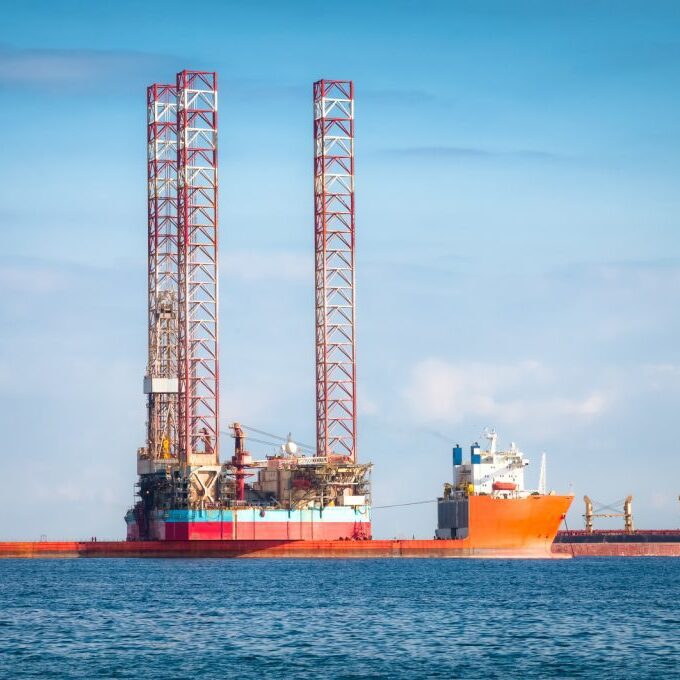The Mutual model can be applied across a wide array of industries
A Mutual could be the solution whenever businesses seek a more cost-effective, efficient means of underwriting risk.
Here are some examples of industries where Mutuals can be beneficial.
Who Can Benefit from Mutuals?

Agriculture
Mutuals can be used in the agricultural industry to underwrite risks associated with the following:
- Property Damage: Damage to buildings and equipment due to fires, explosions, floods, or natural disasters.
- Crops: Crop losses due to weather, pests, or other unforeseen circumstances.
- Livestock: Livestock losses, such as those due to death or disease.
Manufacturing
Mutuals can be used in the manufacturing industry to underwrite risks associated with the following:
- Property Damage: Damage to buildings, equipment, and inventory due to events such as fires, explosions, floods, or natural disasters.
- Business Interruption: The interruption of normal operations that results in lost income, extra expenses, and other financial losses.
- Product Liability: Damages and legal expenses resulting from product defects, design flaws, or failure to warn of potential dangers associated with products produced by the manufacturing business.
- Workers’ Compensation: Medical expenses, lost wages, and other benefits for employees injured or ill while on the job.
- Environmental Liability: Damages and legal expenses resulting from pollution, contamination, or other environmental incidents resulting from the manufacturing business's operations.
- Professional Liability: Damages and legal expenses resulting from errors or omissions made by the manufacturing business in providing professional services such as engineering, design, or consulting.


Healthcare
Mutuals can be used in the healthcare industry to underwrite risks associated with the following:
- Property Damage: Damage to buildings, equipment, and inventory due to events such as fires, explosions, floods, or natural disasters.
- Business Interruption: The interruption of normal operations that results in lost income, extra expenses, and other financial losses.
- Medical malpractice: Resulting from alleged negligence, errors, or omissions by healthcare professionals, such as doctors, nurses, and other medical staff.
- General Liability: Damages and legal expenses resulting from bodily injury or property damage caused by accidents on the healthcare facility's premises or as a result of the healthcare facility's operations.
- Cyber Liability: Damages and legal expenses resulting from cyber-attacks, data breaches, and other cyber incidents that may impact the healthcare facility and its patients.
- Workers’ Compensation: Medical expenses, lost wages, and other benefits for employees injured or ill while on the job.
- Directors and Officers Liability: Damages and legal expenses resulting from alleged wrongful acts by healthcare facility directors and officers, such as breaches of fiduciary duty, errors in judgment, or failure to follow regulations.
Technology
Mutuals can be used in the technology industry to underwrite risks associated with the following:
- Business Interruption: The interruption of normal operations that results in lost income, extra expenses, and other financial losses.
- General Liability: Damages and legal expenses resulting from bodily injury or property damage caused by accidents on the healthcare facility's premises or as a result of the healthcare facility's operations.
- Cyber Liability: Damages and legal expenses resulting from cyber-attacks, data breaches, intellectual property infringement, and other cyber incidents that may impact the IT company and its clients.
- Workers’ Compensation: Medical expenses, lost wages, and other benefits for employees injured or ill while on the job.
- Directors and Officers Liability: Damages and legal expenses resulting from alleged wrongful acts by the IT company’s directors and officers, such as breaches of fiduciary duty, errors in judgment, or failure to follow regulations.
- Errors and Omissions: Damages and legal expenses resulting from errors, omissions, or negligence in providing IT services or products.


Construction
Mutuals can be used in the construction industry to underwrite risks associated with the following:
- Builders Risk: Losses or damages to buildings, equipment, and inventory during construction.
- General Liability: Damages and legal expenses resulting from bodily injury or property damage caused by accidents that occur on the construction site due to the construction company’s operations.
- Workers’ Compensation: Medical expenses, lost wages, and other benefits for employees injured or ill while on the job.
- Professional Liability: Damages and legal expenses resulting from errors or omissions in a project's design, planning, or construction.
- Surety Bonds: A guarantee that the construction company will fulfill its contractual obligations to clients.
- Specialized coverage: Coverage for specific construction projects, such as high-rise buildings or infrastructure projects.
Energy
Mutuals can be used in the energy industry to underwrite risks associated with the following:
- Business Interruption: The interruption of normal operations that results in lost income, extra expenses, and other financial losses.
- General Liability: Damages and legal expenses resulting from bodily injury or property damage caused by accidents on the energy company’s premises or as a result of the energy company's operations.
- Environmental Liability: Damages and legal expenses resulting from pollution incidents or other environmental liabilities arising from the energy company’s operation.
- Workers’ Compensation: Medical expenses, lost wages, and other benefits for employees injured or ill while on the job.
- Professional Liability: Damages and legal expenses resulting from errors or omissions in a project's design, planning, or construction.
- Directors and Officers Liability: Damages and legal expenses resulting from alleged wrongful acts by the energy company’s directors and officers, such as breaches of fiduciary duty, errors in judgment, or failure to follow regulations.
- Specialized coverage: Coverage for specific energy-related activities, such as offshore drilling or nuclear power plants.

